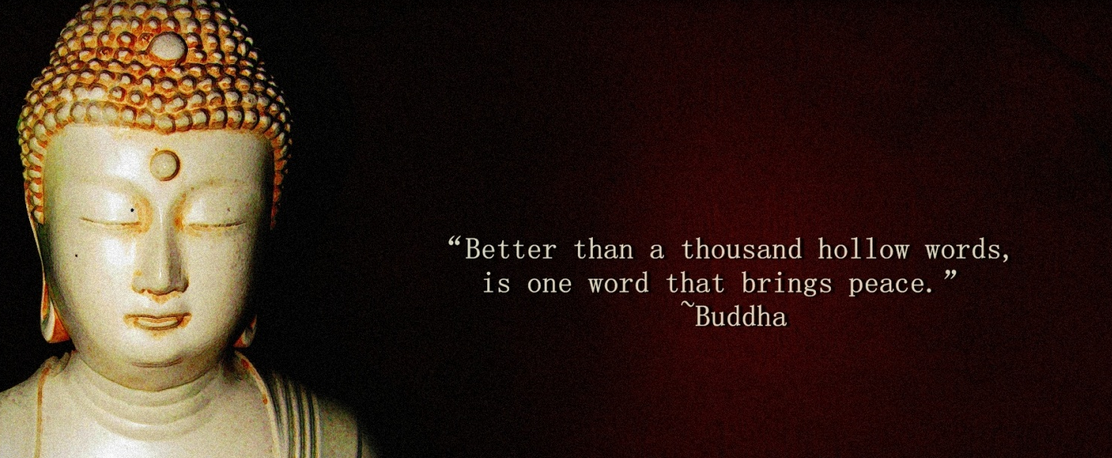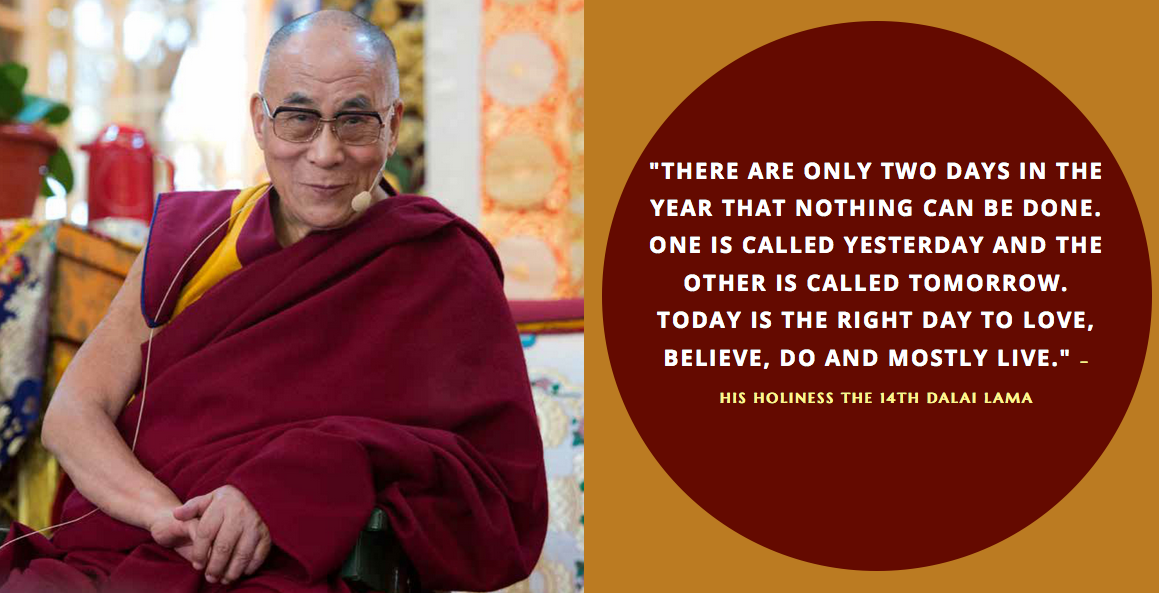What the Dalai Lama didn’t teach me.

“Peace is a place where your heart is free to become the beautiful you.” Bryant McGill
I adore the celebrated the noble man he is. To be in the presence of the Dalai Lama is calming, grounding and entertaining. He is just as funny as he is lovable. There is a simplicity about him, a primitive and gentle young soul within. I feel it when I see him. All I have learned about compassion, peace and fitting into this universe has come from the teachings of Buddha. So I thank his holiness for his mission, his work in Tibetan Buddhism and his kind ultra kind heart. In my eyes the Dalai Lama is Buddha. I live and think a Buddha life. It is the path I breathe. So when it comes time to support the global message of peace and compassion I show up, not to learn but to practice. It is my nature it is my in my soul to join with others who value and love the planet as a whole. As Narada Thera says, “To a Buddhist there is no far or near, no enemy or foreigner, no renegade or untouchable, since universal love realized through understanding has established the brotherhood of all living beings. A real Buddhist is a citizen of the world. He regards the whole world as his motherland and all as his brothers and sisters.”

The most authentic thing about us is our capacity to create, to overcome, to endure, to transform, to love and to be greater than our suffering. – Ben Okri
It was a sheer pleasure for me to attend The Global Compassion Summit that celebrated His Holiness the Dalai Lama’s lifetime of devotion to the work of spreading the message of the value of peace, kindness and universal compassion throughout the world. It was Venerable Lama Tenzin Dhonden, the Personal Emissary for Peace to His Holiness the 14th Dalai Lama who organized the World Celebration of His Holiness the Dalai Lama’s 80th Birthday at the Global Compassion Summit in partnership with Friends of the Dalai Lama, UC Irvine and Center for Living Peace. The three day event featured the different areas in which His Holiness has had great impact on bringing compassion to the world. The summit and birthday celebration shared stage and dialogue amongst dear friends of His Holiness, fellow Nobel Laureates and professional experts with whom he has collaborated and shares common values toward the achievement of Universal Peace. See his holiness and his thoughts about his birthday #WithCompassion.
 No one saves us but ourselves. No one can and no one may. We ourselves must walk the path. – Buddha
No one saves us but ourselves. No one can and no one may. We ourselves must walk the path. – Buddha
Why I Choose Buddhism
In Buddhism there is no theology, no worship of a deity or deification of the Buddha. Buddhism takes a very straightforward look at our human condition; nothing is based on wishful thinking, at all. Everything that the Buddha taught was based on his own observation of the way things are. Everything that he taught can be verified by our own observation of the way things are.
As Mike Butler states, if we look at our life, very simply, in a straightforward way, we see that it is marked with frustration and pain. This is because we attempt to secure our relationship with the “world out there”, by solidifying our experiences in some concrete way. For example, we might have dinner with someone we admire very much, everything goes just right, and when we get home later we begin to fantasise about all the things we can do with our new-found friend, places we can go etc. We are going through the process of trying to cement our relationship. Perhaps, the next time we see our friend, she/he has a headache and is curt with us; we feel snubbed, hurt, all our plans go out the window. The problem is that the “world out there” is constantly changing, everything is impermanent and it is impossible to make a permanent relationship with anything, at all.
If we examine the notion of impermanence closely and honestly, we see that it is all-pervading, everything is marked by impermanence. We might posit an eternal consciousness principle, or higher self, but if we examine our consciousness closely we see that it is made up of temporary mental processes and events. We see that our “higher self” is speculative at best and imaginary to begin with. We have invented the idea to secure ourselves, to cement our relationship, once again. Because of this we feel uneasy and anxious, even at the best of times. It is only when we completely abandon clinging that we feel any relief from our queasiness.
These three things: pain, impermanence and egolessness are known as the three marks of existence. See more and read about the The Four Noble Truths by Mike Butler from http://www.buddhanet.net
A Buddha is thus not merely an Enlightened One, but is above all an Enlightener, a World Teacher. His function is to rediscover, in an age of spiritual darkness, the lost path to Nirvana, to perfect spiritual freedom, and teach this path to the world at large. Thereby others can follow in his steps and arrive at the same experience of emancipation that he himself achieved. A Buddha is not unique in attaining Nirvana. All those who follow the path to its end realize the same goal. Such people are called arahants, “worthy ones,” because they have destroyed all ignorance and craving. The unique role of a Buddha is to rediscover the Dharma, the ultimate principle of truth, and to establish a “dispensation” or spiritual heritage to preserve the teaching for future generations. So long as the teaching is available, those who encounter it and enter the path can arrive at the goal pointed to by the Buddha as the supreme good.
To qualify as a Buddha, a World Teacher, an aspirant must prepare himself over an inconceivably long period of time spanning countless lives. During these past lives, the future Buddha is referred to as a bodhisattva, an aspirant to the full enlightenment of Buddhahood. In each life the bodhisattva must train himself, through altruistic deeds and meditative effort, to acquire the qualities essential to a Buddha. According to the teaching of rebirth, at birth our mind is not a blank slate but brings along all the qualities and tendencies we have fashioned in our previous lives. Thus to become a Buddha requires the fulfillment, to the ultimate degree, of all the moral and spiritual qualities that reach their climax in Buddhahood. These qualities are called påramis or påramitås, transcendent virtues or perfections. Different Buddhist traditions offer slightly different lists of the påramis. In the Theravada tradition they are said to be tenfold: generosity, moral conduct, renunciation, wisdom, energy, patience, truthfulness, determination, loving-kindness, and equanimity. In each existence, life after life through countless cosmic aeons, a bodhisattva must cultivate these sublime virtues in all their manifold aspects.
“The Buddha does not expect his followers to be constantly pondering on suffering and lead a miserable unhappy life. He exhorts them to be always happy and cheerful, for zest (piti) is one of the factors of Enlightenment. Real happiness is found within, and is not to be defined in terms of wealth, children, honor or fame. If such possessions are misdirected, forcibly or unjustly obtained, misappropriated or even viewed with attachment, they will be a source of pain and sorrow to the possessors. Instead of trying to rationalize suffering, Buddhism takes suffering for granted and seeks the cause to eradicate it. Suffering exists as long as there is craving. It can only be annihilated by treading the Noble Eightfold Path and attaining the supreme bliss of Nibbana. These four truths can be verified by experience. Hence the Buddha Dhamma is not based on the fear of the unknown, but is founded on the bedrock of facts which can be tested by ourselves and verified by experience. Buddhism is, therefore, rational and intensely practical. Such a rational and practical system cannot contain mysteries or esoteric doctrines. Blind faith, therefore, is foreign to Buddhism. Where there is no blind faith there cannot be any coercion or persecution or fanaticism. To the unique credit of Buddhism it must be said that throughout its peaceful march of 2500 years no drop of blood was shed in the name of the Buddha, no mighty monarch wielded his powerful sword to propagate the Dhamma, and no conversion was made either by force or by repulsive methods. Yet, the Buddha was the first and the greatest missionary that lived on earth.” Narada Thera
Content courtesy of http://www.buddhanet.net


